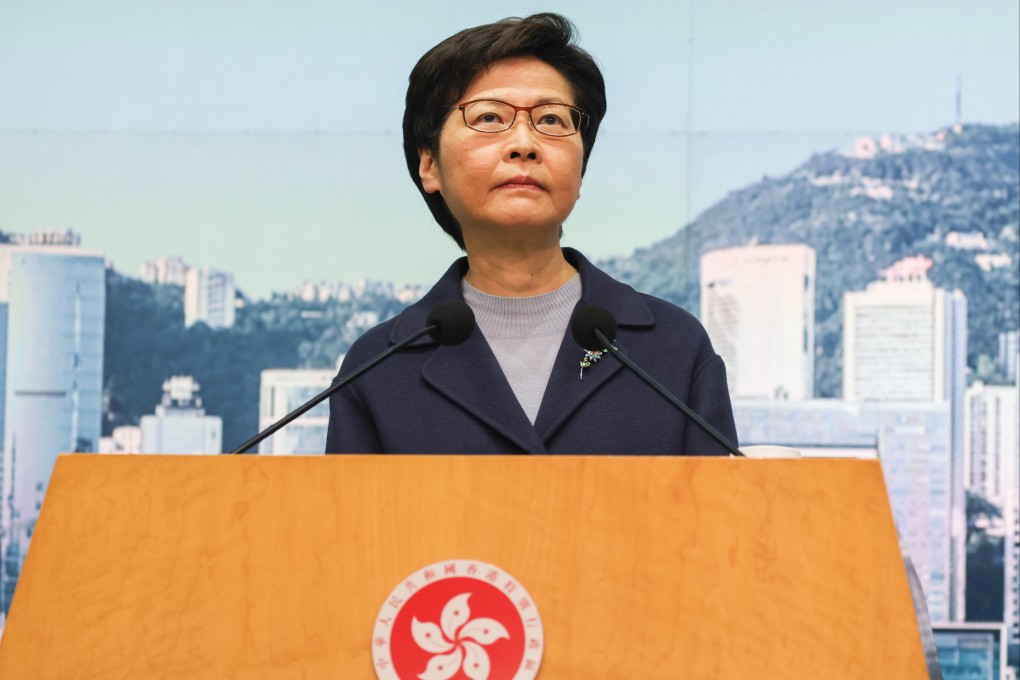Hong Kong chief executive election 2022: are also-rans spoilers or supporting cast to serious contenders in race for top job?
- Observers say coming election on March 27 may be about ‘competition without division’, and if so, pro-establishment novices, outliers may still be granted entry
- So far only film producer Checkley Sin has declared his bid for the race, and while most critics do not think much of his chances, some have warned not to dismiss him

While some observers said it was difficult to take the election bid of Sin seriously until he had bagged enough nominations to enter the race, a number of pro-establishment figures cautioned against entirely dismissing the political novice.
Formerly the managing director of Wing Hang Credit and a protégé of the son of martial arts legend Ip Man, the 64-year-old film producer, who in recent years gained traction among pro-Beijing circles for his online channel, on Wednesday became the first person to throw his hat into the ring for the coming chief executive election.

A veteran from the Democratic Alliance for the Betterment and Progress of Hong Kong (DAB), who spoke on the condition of anonymity, called Sin’s bid “funny”, casting doubt on his chance of securing the required 188 nominations from the 1,448-strong Election Committee packed with Beijing loyalists.
“He has only gained fame over the past two years through his YouTube channel. I do not think he has the ability to unite society and balance the interests of different sectors,” the source said.
He pointed to the fact that even a strong contender such as New People’s Party chairwoman Regina Ip Lau Suk-yee, a minister-turned-lawmaker, was forced to withdraw from the leadership race not once, but twice, after failing to secure enough nominations in 2012 and 2017.
“If we are only given two choices, Ip and Sin, how on Earth would we nominate the latter who has no track record at all?”